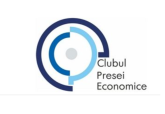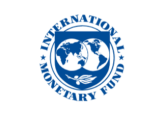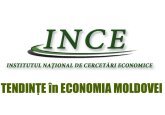
Risks for Moldova's economic prospects remain high, with a high probability of deteriorating forecasts - WB
World Bank experts expressed this opinion within the Economic Press Club meeting, at which they presented Moldova's economic prospects from the new World Bank Economic Outlook. They noted that the external risks include the escalation of the war in Ukraine, which may negatively affect the economic indicators, financial stability and investors' confidence, thus limiting the domestic debt financing. Political tensions heightened by the war in Ukraine, the upcoming parliamentary elections in 2025, and problems in Transnistria and Gagauzia pose risks that could undermine the government and reform process. Disruption of gas transit through Ukraine is a serious problem for Moldova, which depends on this route for affordable electricity. This dependence poses significant risks to macroeconomic stability, affecting growth forecasts, energy prices and is likely to create financial and social pressures. Another risk to economic growth is the decline in economic activity of Moldova's key trading partners, especially Romania, where almost a third of all exports are directed. In Romania, the impact of fiscal consolidation and regional uncertainty could affect growth prospects. Climate change is exacerbating existing vulnerabilities, as evidenced by the recent summer drought, increasing the frequency and severity of droughts and other natural disasters, putting the agricultural sector and income security at risk. On the other hand, the new EU support package for Moldova, backed by the Reform and Growth Facility for 2025-2027, could serve as a significant catalyst for both domestic and foreign investment, boosting growth prospects. According to WB experts, short-term priorities include preparing for possible interruptions of gas supplies through Ukraine, strengthening the rule of law and financial management, and moving toward EU membership. In the event of a gas transit interruption, ensuring energy availability and affordability in the upcoming cold season becomes urgent. This implies allocating additional budgetary resources to protect the most vulnerable through targeted and effective measures. In addition, promoting energy efficient practices and renewable energy sources will help improve energy security and affordability. While adaptive fiscal policies have helped households cope with high energy prices in recent years, public investment is critical to sustain economic recovery. These investments must be balanced with fiscal consolidation to protect growth-enhancing spending and ensure long-term sustainability. With EU candidate status, a strong push for reform and investment is needed to stimulate climate-resilient economic growth, thereby contributing to sustainable development and moving closer to EU income levels. //25.10.2024 - InfoMarket.







